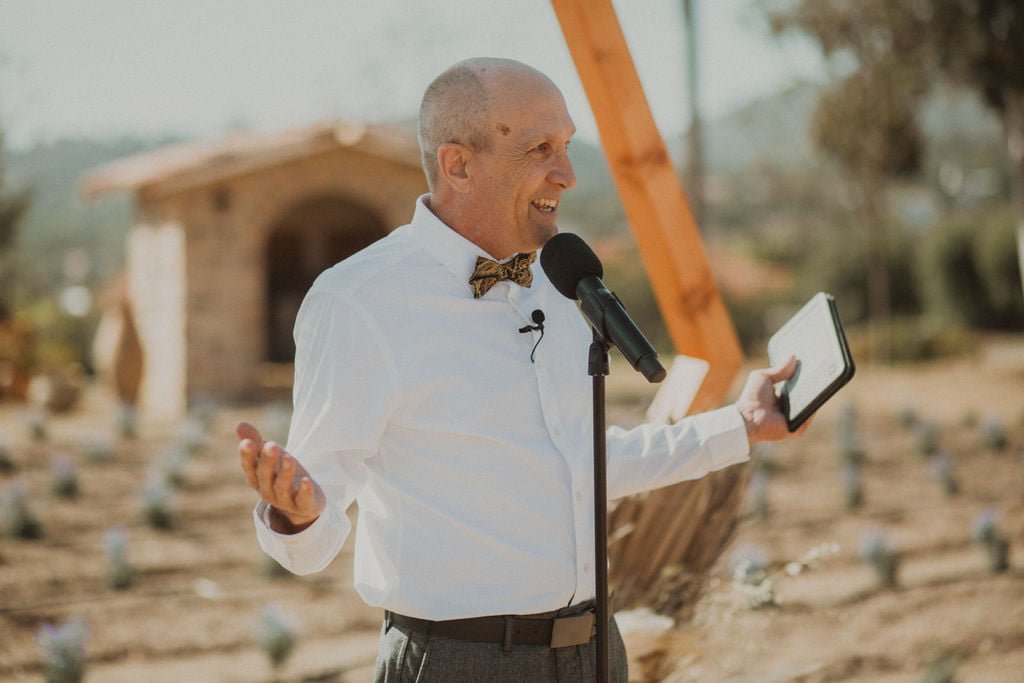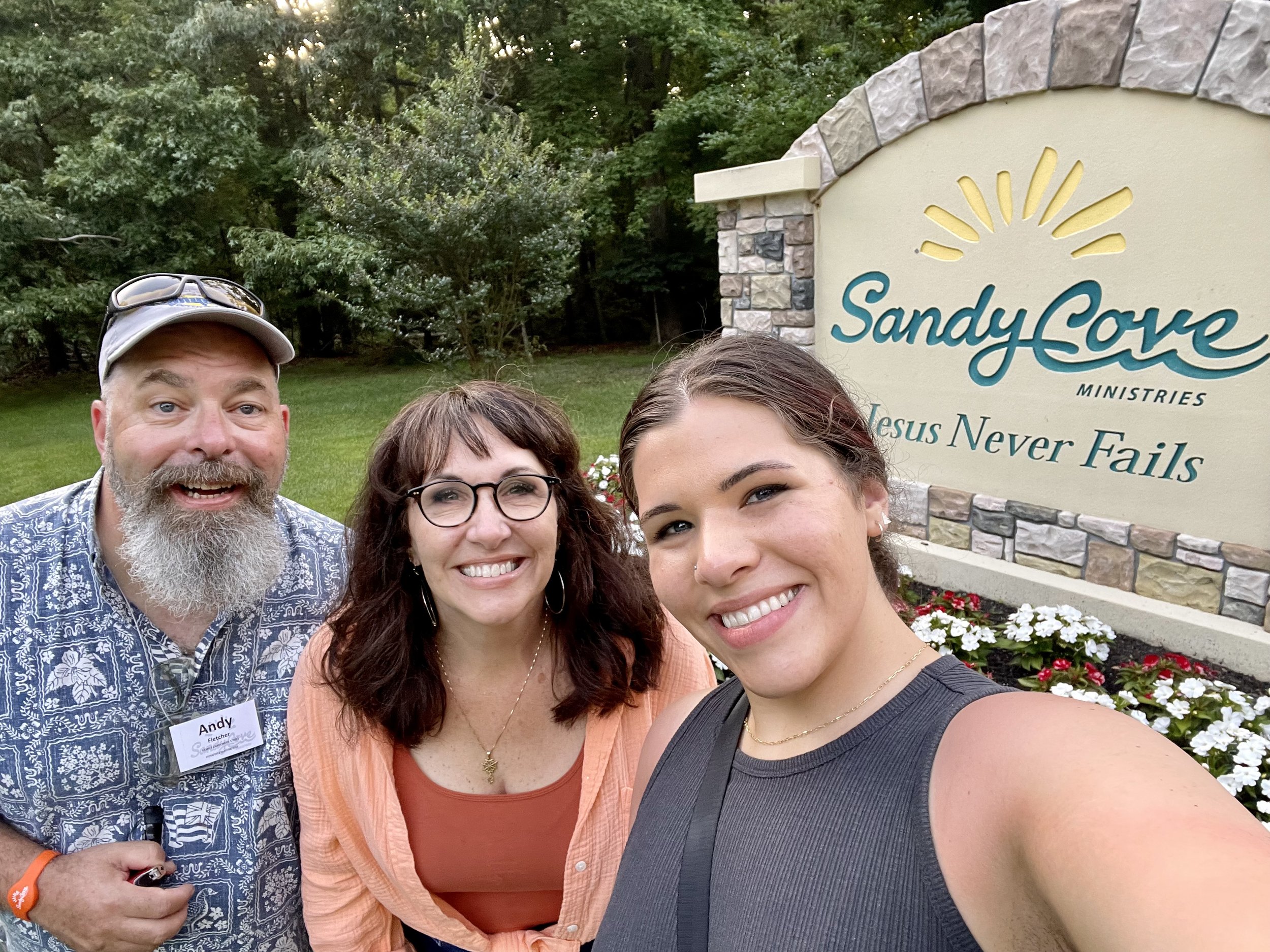My beloved brother died on September 23, just a day after his 58th birthday, after a five-year battle with cancer that was initially spotted growing in his neck and eventually took over his lungs and heart. Of course, my family is still experiencing deep grief. I told a dear older friend just days after his death that I think Jeff was everybody’s favorite, and in her typical quick observational wit, she replied, “Well, now’s your chance!”
It’s been several months since the morning we said goodbye, but I want to introduce you to my brother. He was a ministry leader for Links Players International, an author, a father of three young men, a devoted husband to one of my best friends, and the kindest brother a girl could have.
One of my earliest memories is that of curling up on my bed as Jeff sat next to me and read that great novel of American childhood, Homer Price. It is a kind and loving 13-year-old who will do such a thing for his 6-year-old sister, but that is just the type of young man he was, and just the type of man he continued to be: gentle, patient, full of wry humor.
When I was a gangly and awkward 11-year-old, Jeff drove away to Redlands University for college. His leaving left a significant hole in my heart, and one might assume that a bright, ambitious 18-year-old would have not thought again of that little sister back at home, but he did, in the form of letters. The stack that sits on my desk, tied with an opaque ribbon, is a fraction of the letters he wrote to me from college: first from Redlands, then after his transfer to Biola University. This is the last paragraph of one of my favorites, dated 1984:
“I hope even more that you are learning how powerful God can be in our lives. There are so many times when I just want to be home or at camp, but God gives me the strength to hang in there, and he says, “I need you right where you are, Jeff.” So on I go. I hope to see you soon. I love you a whole lot. But even better, so does God.
Your bro,
Jeff”
We never again lived in the same city, our lives taking us in wildly different directions at times. And there was that seven-year age gap. But always, Jeff was a man of words. We read together, recommended books to each other, and both agreed and disagreed over who wrote best or which stories made the greatest impact on the world.
Often, I would post at midnight an article I'd written only to awake the next morning to a text from Jeff in which he corrected my grammar or pointed out a typo. He was my editor, but he was never my critic. His words to me were pleasant like a honeycomb: sweetness to the soul and health to the body.
In my Bible study lesson this week, the opening question was posed, “If you knew that your time on earth was rapidly coming to an end, what message would you want to impart to those you love?”
As the recipient of words that were foundational in the formation of my young faith, I humbly ask the same question: Who in your world needs to hear the life-giving words of the simple gospel of Jesus Christ? Who needs to hear, “I love you a whole lot. But even better, so does God”?
Jeff officiating at his son Reese’s wedding, May 2021













